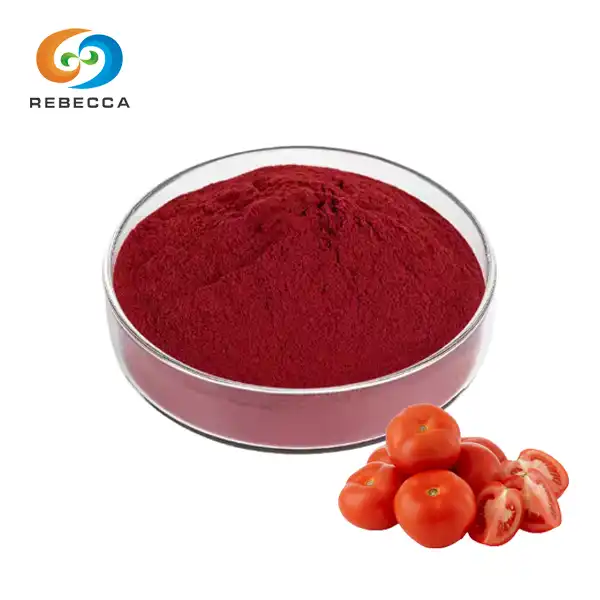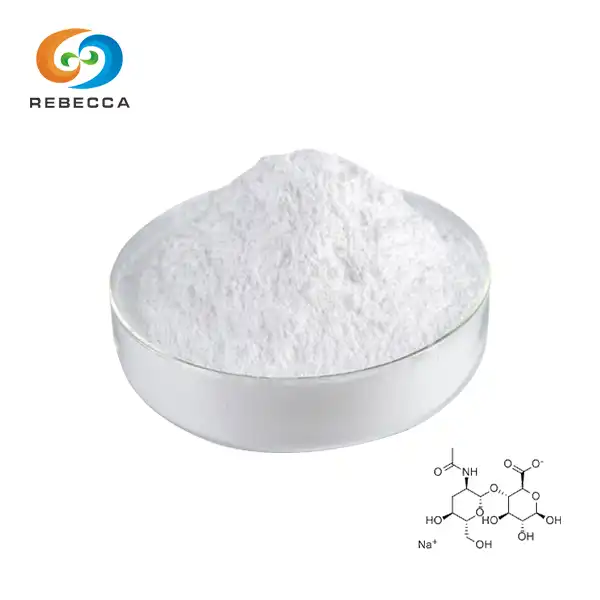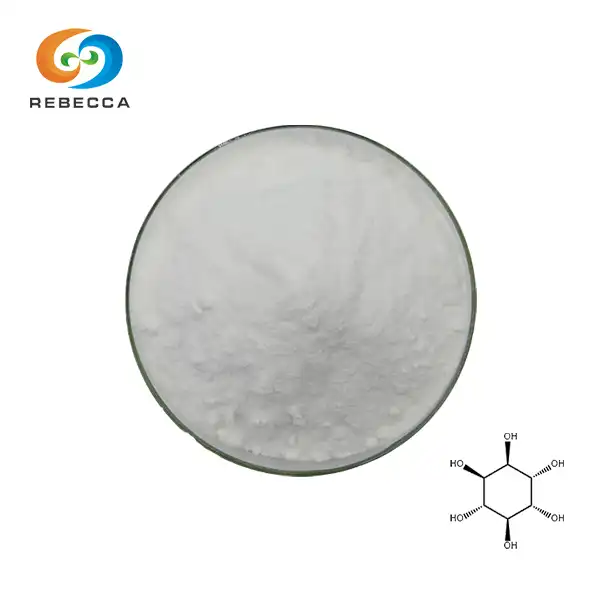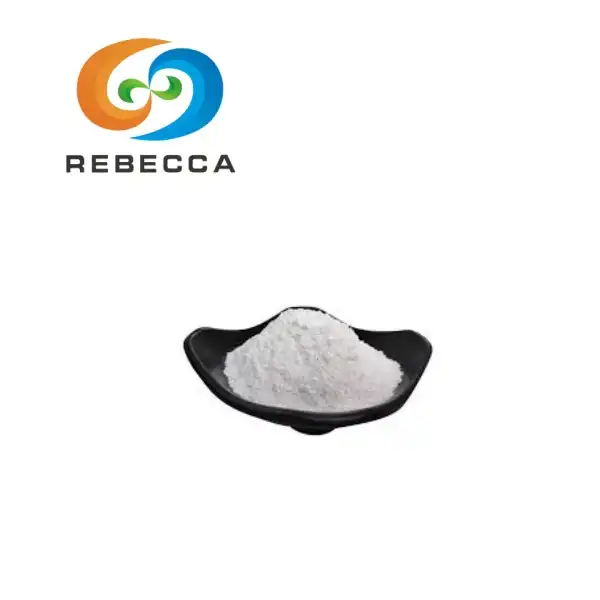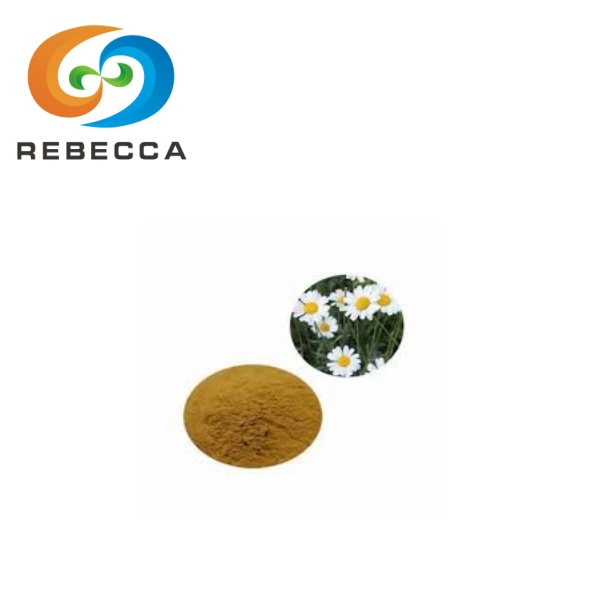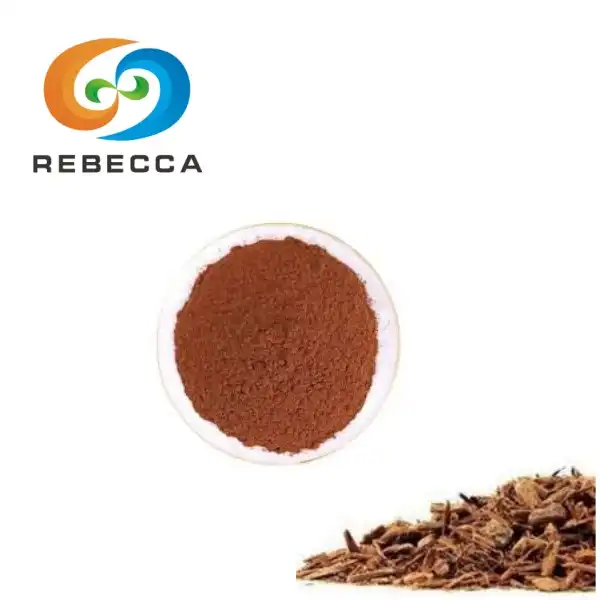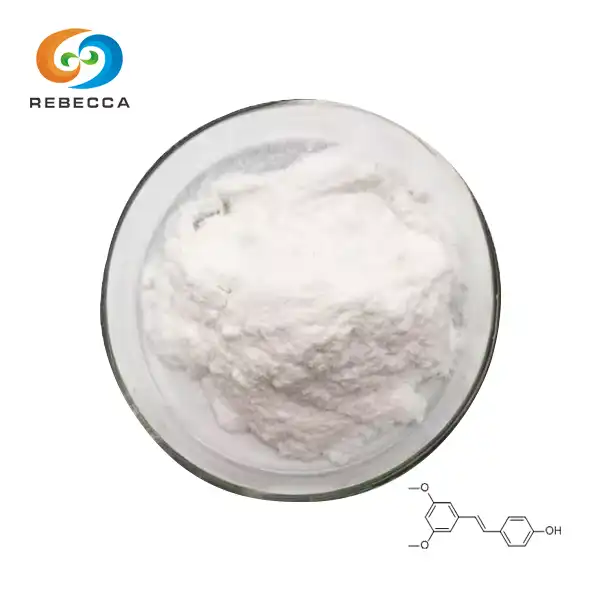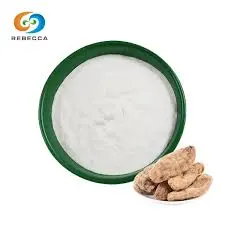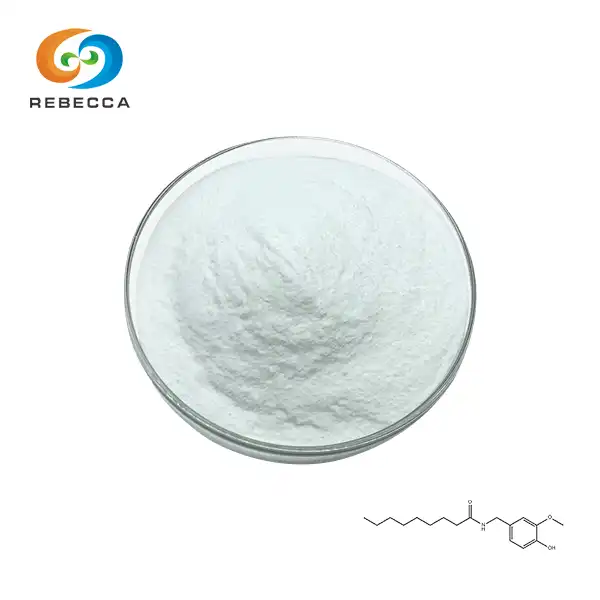Lycopene's Antioxidant Effects on Cardiovascular System
Lycopene's most notable attribute is its potent antioxidant capacity. With a chemical formula of C40H56, this lipophilic compound exhibits remarkable ability to neutralize free radicals and reduce oxidative stress within the body. The cardiovascular system, in particular, stands to benefit significantly from lycopene's antioxidant prowess.
Combating Oxidative Stress in Blood Vessels
Oxidative stress plays a pivotal role in the development and progression of cardiovascular diseases. Free radicals can damage the endothelial cells lining blood vessels, leading to inflammation and the formation of atherosclerotic plaques. Lycopene intervenes in this process by scavenging reactive oxygen species (ROS) and preventing lipid peroxidation. By protecting the integrity of blood vessel walls, lycopene helps maintain vascular elasticity and function.

Enhancing Cholesterol Metabolism
Another crucial aspect of lycopene's cardiovascular benefits lies in its impact on cholesterol metabolism. Research suggests that lycopene may inhibit the synthesis of cholesterol in the liver and enhance the breakdown of LDL (low-density lipoprotein) cholesterol. This dual action contributes to a more favorable lipid profile, potentially reducing the risk of atherosclerosis and related heart conditions.

Mitigating Inflammation in Cardiovascular Tissues
Chronic inflammation is a known risk factor for heart disease. Lycopene exhibits anti-inflammatory properties that may help mitigate this risk. By modulating inflammatory mediators and reducing the production of pro-inflammatory cytokines, lycopene powder can help create a less inflammatory environment within the cardiovascular system. This anti-inflammatory effect complements its antioxidant action, providing comprehensive protection for heart health.

Clinical Studies: Lycopene and Blood Pressure Regulation
The relationship between lycopene intake and blood pressure has been the subject of numerous clinical investigations. While results have been mixed, several studies suggest a positive correlation between lycopene consumption and improved blood pressure control.
Mechanisms of Blood Pressure Reduction
Lycopene's potential to lower blood pressure is multifaceted. One proposed mechanism involves its ability to enhance the production of nitric oxide, a vasodilator that relaxes blood vessels and improves blood flow. Additionally, lycopene may help reduce the stiffness of arterial walls, contributing to better overall vascular function and lower blood pressure readings.
Meta-analyses and Population Studies
A comprehensive meta-analysis of randomized controlled trials found that lycopene supplementation was associated with a modest but significant reduction in systolic blood pressure. Population studies have also observed an inverse relationship between dietary lycopene intake and the risk of hypertension. While these findings are promising, it's important to note that individual responses may vary, and more research is needed to establish definitive guidelines for lycopene supplementation in blood pressure management.
Dosage Considerations in Clinical Trials
Clinical trials investigating lycopene's effects on blood pressure have utilized varying dosages, typically ranging from 15 to 30 mg per day. The optimal dose for cardiovascular benefits remains a subject of ongoing research. It's worth noting that lycopene powder, with its concentrated form and high bioavailability, may offer advantages over whole food sources in achieving therapeutic levels of lycopene in the body.
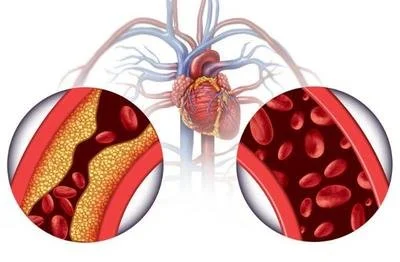
Incorporating Lycopene Powder into Heart-Healthy Diet
While whole foods rich in lycopene, such as tomatoes and watermelon, are valuable components of a heart-healthy diet, lycopene powder offers a convenient and concentrated alternative. Integrating lycopene powder into your daily routine can be an effective strategy for boosting cardiovascular health.
Synergistic Effects with Other Nutrients
Lycopene's benefits may be enhanced when combined with other heart-healthy nutrients. For instance, pairing lycopene powder with healthy fats can improve its absorption, as lycopene is fat-soluble. Consider mixing lycopene powder into olive oil-based dressings or adding it to smoothies that contain avocado or nuts. Additionally, combining lycopene with other antioxidants like vitamin C and vitamin E may create a synergistic effect, amplifying the overall cardiovascular benefits.
Creative Ways to Use Lycopene Powder
Lycopene powder's versatility allows for numerous culinary applications. It can be seamlessly incorporated into various dishes and beverages:
- Stir into tomato-based sauces or soups for an extra antioxidant boost
- Blend into homemade salad dressings or marinades
- Mix into yogurt or oatmeal for a heart
- healthy breakfast
- Add to smoothies or fresh juices for a nutritional enhancement
- Sprinkle over roasted vegetables before serving
Considerations for Optimal Absorption
To maximize the benefits of lycopene powder, consider factors that affect its absorption. Lycopene is more readily absorbed when consumed with fats, so pairing it with healthy fat sources can enhance its bioavailability. Moreover, lycopene powder's stability can be affected by light and oxygen exposure. Store the powder in a cool, dark place and use it promptly after opening to ensure potency.
Conclusion
Lycopene powder presents a promising avenue for supporting heart health through its potent antioxidant, anti-inflammatory, and blood pressure-regulating properties. By incorporating this concentrated carotenoid into a balanced, heart-healthy lifestyle, individuals may be able to harness its cardiovascular benefits effectively. As research in this field continues to evolve, lycopene powder stands out as a valuable tool in the quest for optimal heart health. For more information on high-quality lycopene powder and its potential health benefits, please contact us at information@sxrebecca.com.
_1730691017423.webp)




